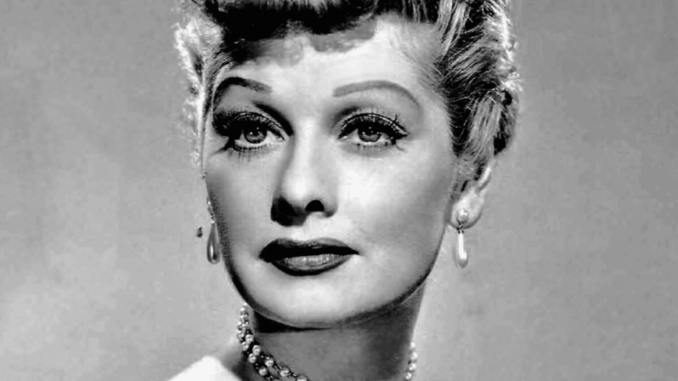
The Birth of a Television Empire
In 1951, I Love Lucy wasn’t just another sitcom—it was a revolution. When Lucille Ball and Desi Arnaz debuted the series on CBS, they weren’t merely starring in a comedy; they were laying the groundwork for modern television production. The couple made a bold choice to shoot the show in front of a live audience using 35mm film—a decision that would forever change how sitcoms were made.
The Genius of Lucille Ball
Lucille Ball wasn’t just an actress with impeccable comedic timing—she was a visionary. Her slapstick scenes, like the infamous chocolate conveyor belt or grape-stomping in Italy, were iconic. But what many forget is how involved she was in the production side. Ball wasn’t content to just act; she wanted to understand and shape the product. She knew where every camera was, how to hit her marks, and how to keep the energy alive in front of a live audience.
Desi Arnaz: The Hidden Powerhouse
While Ball was the face of the show, Desi Arnaz was its beating heart behind the scenes. As the creator of the multi-camera filming format and co-founder of Desilu Productions, he brought a new level of professionalism to TV. Without Arnaz’s innovations, there would be no reruns, no syndication, and perhaps no long-term financial future for television series.
The Couple That Built an Industry

Together, Ball and Arnaz turned Desilu Productions into a television powerhouse. After their divorce, Lucille became the first woman to run a major Hollywood studio on her own. Desilu didn’t just produce I Love Lucy—it went on to develop Star Trek, The Untouchables, and Mission: Impossible.
A Show That Redefined Representation
I Love Lucy was also groundbreaking in its representation of a multicultural marriage. Desi Arnaz, a Cuban-American, was one of the first Latinx actors to star in a prime-time show. Their real-life relationship gave the show authenticity and emotional weight, even as their behind-the-scenes struggles added drama that fans would only learn about years later.
The Legacy That Lives On
Seventy years later, I Love Lucy still airs in syndication, introducing new generations to Lucy’s timeless antics. But beyond the laughs, the show is a case study in how art, business, and bold vision can intersect. Lucille Ball’s legacy is more than comic genius—it’s a blueprint for how women in Hollywood can lead, innovate, and shape the future.